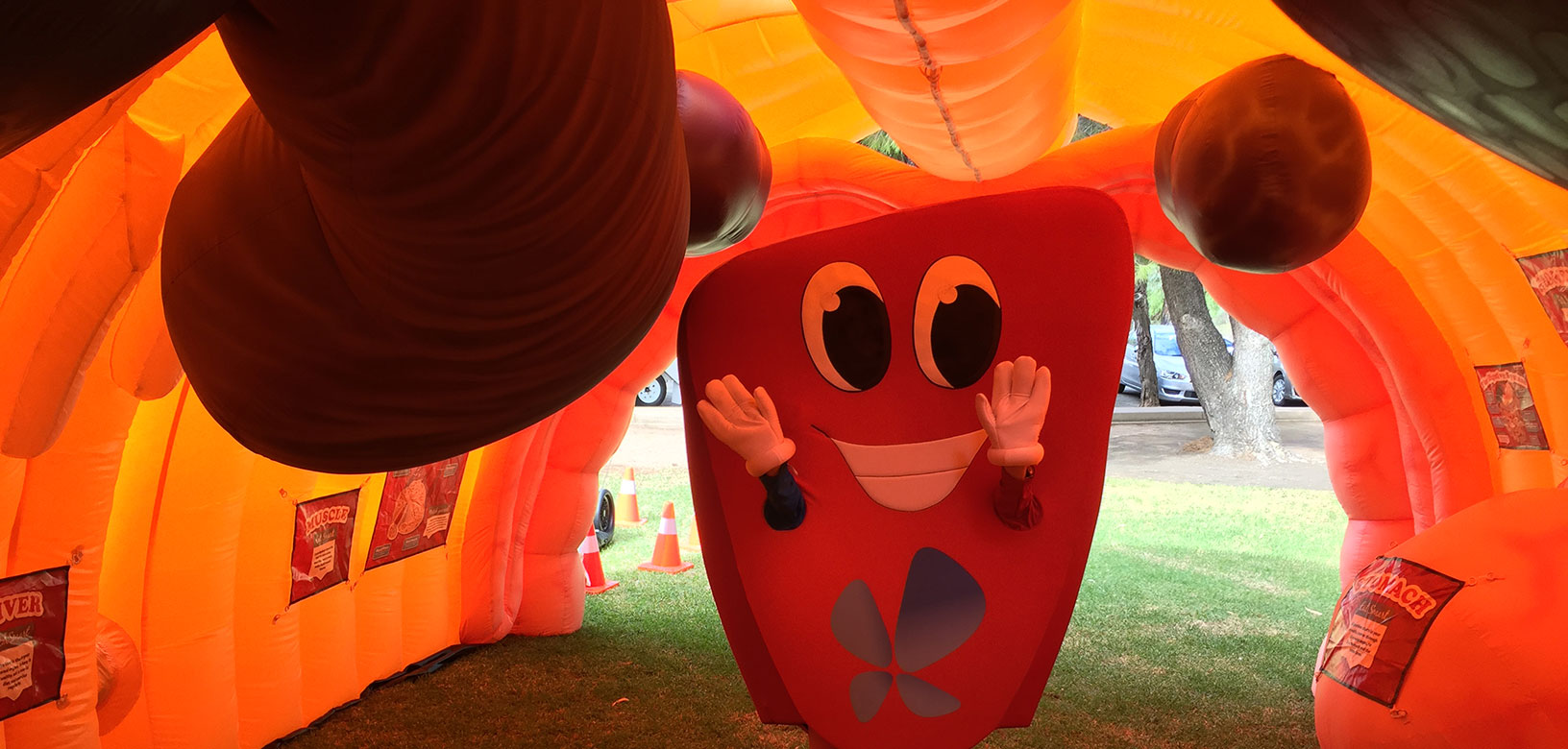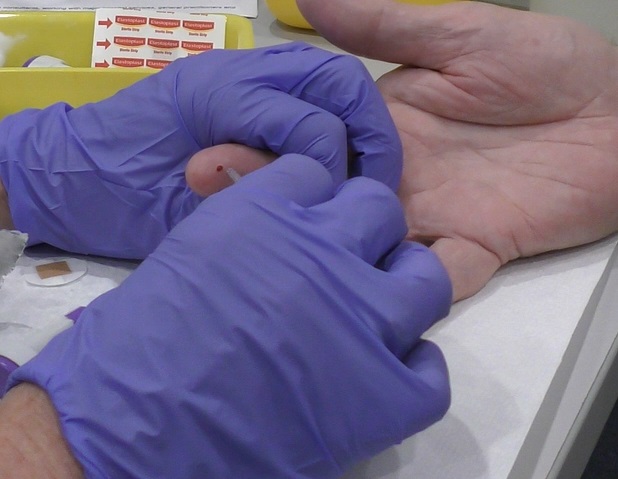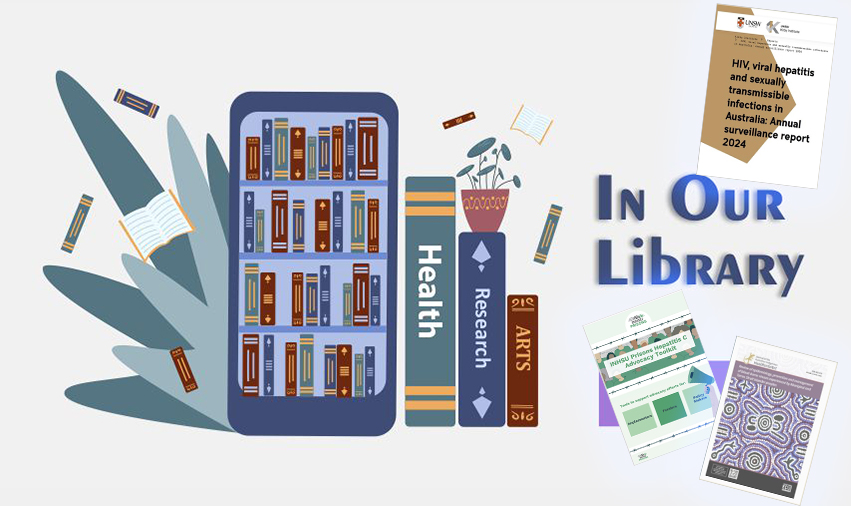One of the most common misconceptions about hepatitis B and C is that they are transmitted through saliva and sharing food. One of the most commonly asked questions is whether hepatitis is the same as HIV. And many people mistakenly think there is a vaccination for hepatitis C.
These are just some of the many issues Hepatitis SA educators help to clarify in their information and training sessions.
Answering common questions and dispelling myths about viral hepatitis are just a small part of the educators’ tasks in delivering hepatitis education to workers and communities dealing with viral hepatitis.
Hepatitis SA’s educators – from the education, outreach peer and CNP peer programs – provide up-to-date information on treatments and hepatitis-related policies relevant to each workplace and community. Issues and questions addressed may include:
- Information on vaccination programs and their eligibility criteria – highly relevant and beneficial to Immigrant community and migrant services,
- Spitting and mandatory testing law and its implications in terms of transmission, discrimination and stigma – a question of concern for law enforcement officers
- Information on legal obligations to disclose hepatitis status and transmission prevention – questions asked often by employers concerned about duty of care.
- The latest updates on treatment – information useful to both workforce and affected communities alike.
- Transmission issues and risk minimisation

The educators work in partnership with other health and community agencies to extend the reach of their education sessions which may be delivered as one-offs or as regular updates, seminars, workshops or even one-on-one interactions. CNP peers are available at Hepatitis SA clean needle sites as well as those run by other agencies, and hepatitis C outreach peers have regular sessions at treatment clinics and other community service sites.
They also staff information stalls at community events using creative engagement strategies like beads, henna “tattoos” and giant mascots to reach their audience.
Every effort is made to tailor delivery to suit each workplace.
Education is also often provided through video and art projects or engaging activities such as The Amazing Race, a two-day school holiday program where the young participants visited youth services in Adelaide gathering information and prizes, culminating in a quiz.
All services are provided free of charge and every effort is made to tailor delivery to suit the constraints of each workplace. One such example is the eBox an individually delivered, self-directed learning package for workplaces where it is not possible to get workers together at one time.
Depending on the needs of participants, training and education sessions are often also provided with input from experts such as liver specialists, viral hepatitis nurses and positive speakers. The latter provide an insight into the challenges of living with viral hepatitis putting a human face on the discussion.
Understanding hepatitis A, B and C may not be quite as simple as ABC, but a session with Hepatitis SA’s highly skilled education workers will certainly help you get there.
Read about the full range of Hepatitis SA education services:
CNP Peer Educators | Hepatitis C Peer Educators | Workforce and Community Education | Positive Speakers
Last updated 4 July 2024
More from:
Enjoyed this article? Subscribe to be notified whenever we publish new stories.
Subscribe for Updates





